SUMMARY
This is AI generated summarization, which may have errors. For context, always refer to the full article.
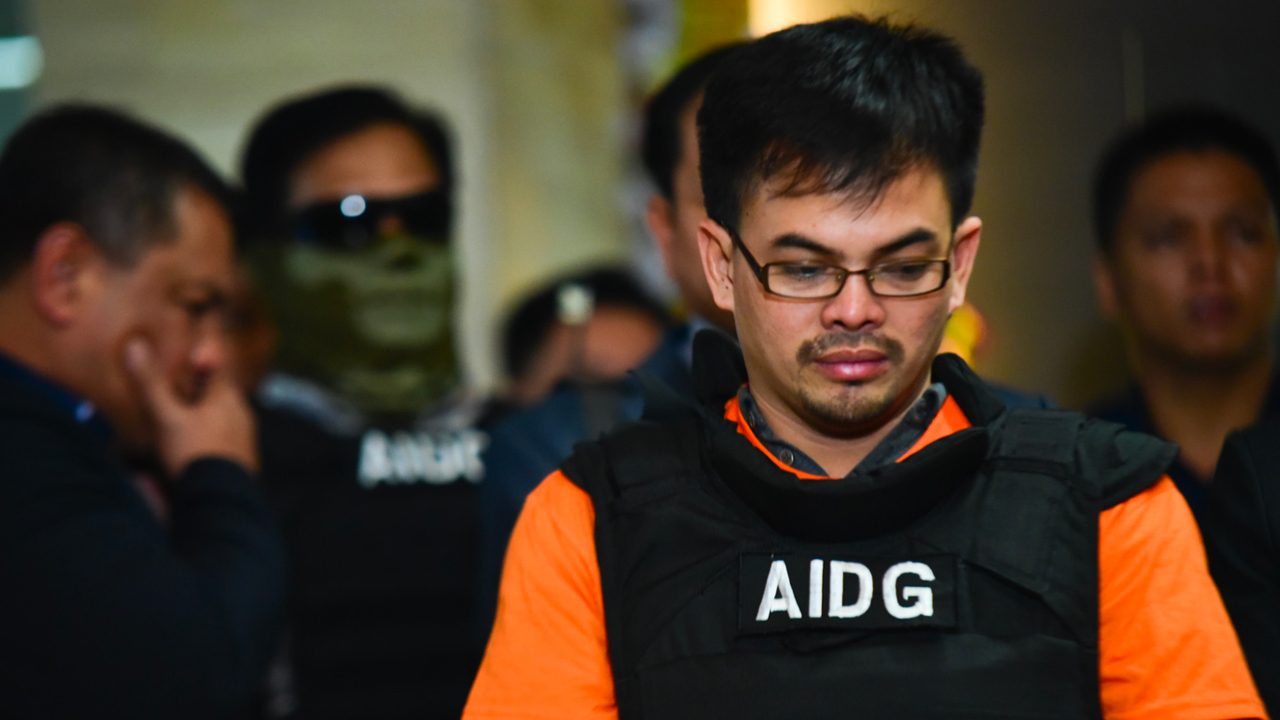
MANILA, Philippines – In a resolution dated June 13, a Leyte court granted Rolan “Kerwin” Espinosa‘s petition for bail in one of his remaining cases.
“Wherefore, postulates considered, this court resolved to grant accused Espinosa, Zaldivar, Batistis, Antipuesto, and Adorco petition for bail due to the failure of the prosecution to prove that evidence of guilt against them is strong,” wrote Presiding Judge Carlos Arguelles of Baybay City, Leyte Regional Trial Court (RTC) Branch 14, in his resolution made public on Wednesday, June 14.
The Leyte court set the bail bond at P700,000 for Espinosa and each of his four co-accused.
Despite the granting of the bail petition, the alleged drug lord will remain in jail because he still has pending cases in other courts. According to Espinosa’s lawyer, Raymund Palad, the accused has two pending and non-bailable cases before the Manila RTC Branch 16 for alleged illegal possession of firearms and explosives.
He also has two non-bailable cases before the Manila RTC Branch 51. The hearing for the cases pending before the Manila RTC had been consolidated, Palad added.
Prior to the granting of bail, two Makati courts had acquitted Espinosa in two cases through the granting of demurrer to evidence. The said petition has the effect of an acquittal.
Like in his other cases, Espinosa and his fellow accused were charged in the Leyte court due to alleged violation of section 26 (b), in relation to section 5 of Republic Act No. 9165 or the Comprehensive Dangerous Drugs Act of 2002. The law’s provision penalizes the attempt or conspiracy to commit “sale, trading, administration, dispensation, delivery, distribution, and transportation” of illegal drugs.
The resolution
The court said the prosecution’s witnesses had no personal knowledge of the crime allegedly committed by the accused. It noted that the summary of the witnesses’ testimony only focused on the investigation conducted by the law enforcement agencies and Espinosa’s execution of his extrajudicial confession in a form of judicial affidavit, which incriminated himself and his fellow accused.
“However, the prosecution cannot feign ignorance that extrajudicial confession cannot withstand strict judicial scrutiny in the absence of corpus delicti,” the court said.
Corpus delicti translates to “body of the crime,” and means that no person “should be convicted of a crime without sufficient evidence that the crime actually occurred.” The court said that because of this, Espinosa’s extrajudicial confession cannot be considered as strong evidence against him.
The Leyte court also noted that the evidence presented so far by the prosecution “does not establish conspiracy, and worst, it is not corroborated by independent evidence other than the declaration of the alleged co-conspirators.” – Rappler.com
Add a comment
How does this make you feel?
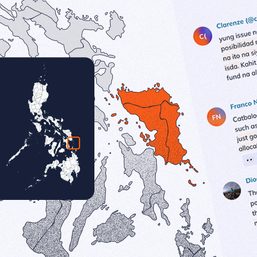


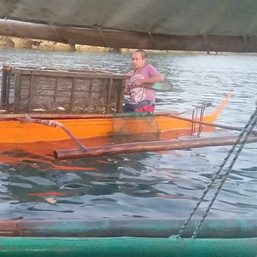
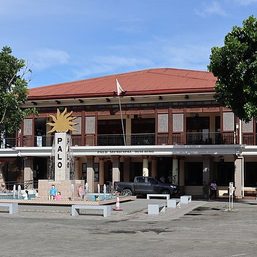
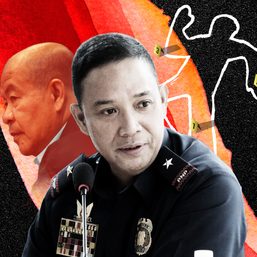

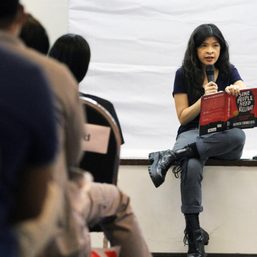
![[Rappler’s Best] Patricia Evangelista](https://www.rappler.com/tachyon/2024/04/unnamed-9-1.jpg?resize=257%2C257&crop=486px%2C0px%2C1333px%2C1333px)

There are no comments yet. Add your comment to start the conversation.